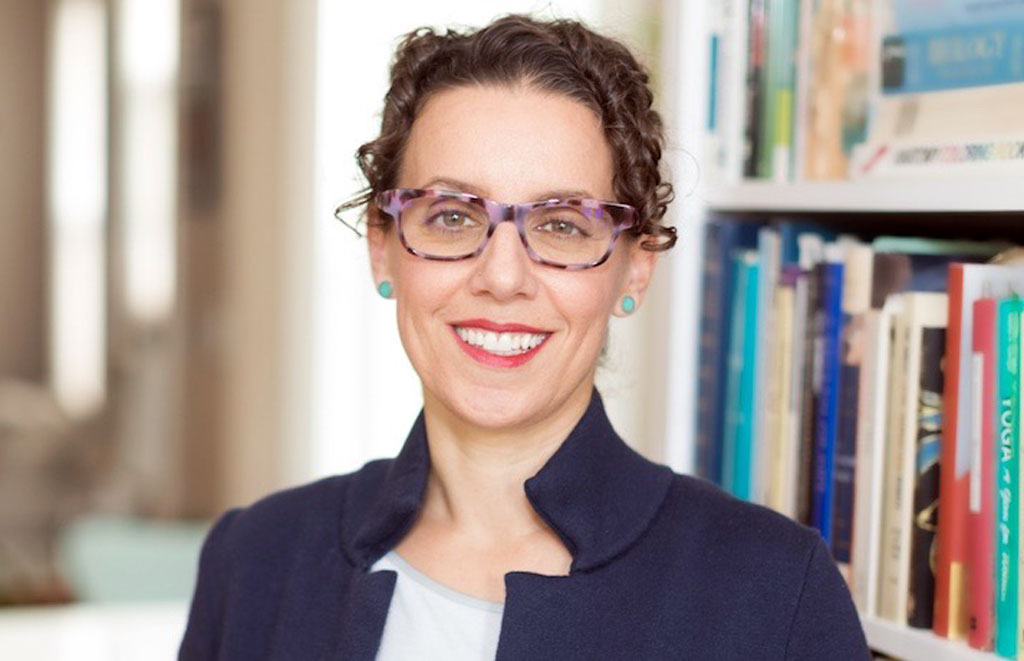Rachel Weinstein for School Committee, 2021
Incumbent first elected in 2019 running for committee for the second time

The candidate’s website | Facebook | Twitter | Email | (857) 600-1265
Background: Teaching and education | Focuses: Racial equity, “A Champion for Every Child” role model program
Q&A
Why did you decide to run for another term on the School Committee?
I’m running for another term we have important work to continue to see each of our children graduate the Cambridge Public Schools ready to thrive in college, career and life. I hope that I have shown myself to be a thoughtful, collaborative and effective elected official during Covid, and that voters will honor me with the opportunity to continue serving our young people.
What are the top three issues you would like to address if reelected?
- Expansion of work-based learning, both within the Rindge School of Technical Arts and through internships for high school students.
- Adoption of a District Plan that expects all students to meet or exceed grade-level expectations, defines steps to aggressively close opportunity gaps and holds the system accountable
- Implementation of universal prekindergarten through focused collaboration with the city
What are the most effective ways to strengthen the district’s initiatives to promote social justice and racial equity?
At the district level, one quite effective way to advance social justice and racial equity is to adopt inclusive processes such as those used by the Building Equity Bridges initiative. When we create truly welcoming and affirming spaces for all stakeholders, our policies and practices benefit from the diversity of experiences and wisdom within our school community. Let’s build a culture that does this consistently! At the individual staff level, I believe that job-embedded coaching will support educators in becoming more antiracist.
How can the district improve its efforts to provide culturally sensitive instruction tailored to student interests, skill sets and ambitions in light of the diversity of student backgrounds?
- Provide staff with job-embedded coaching on liberating, affirming practices.
- Complete equity audits of each school and prioritize contractual time for school teams to address recommendations from the audits in partnership with stipended students, families, community partners and other experts.
- Curricula can affirm students’ identity development as well as instill curiosity and critical thinking.
- The district can start career exposure in younger grades and help individual students plan to reach their aspirations as they advance through middle and high school.
The impact of the Covid-19 pandemic on students and staff since March 2020 has revealed strengths and weaknesses in the system – are there specific items that you would review or revise?
I want to continue working to ensure every child has an adult champion, someone who helps them navigate school and extracurriculars as well as access needed resources. During Covid, we (again) learned that most students do not have an adult at school to whom they would bring a problem. I also hope we will review and learn from the success the High School Extension Program had during Covid. Unlike most students, extension program students performed better with a mix of remote and in-person instruction.
As a School Committee member, how would you encourage the district’s after-school providers and partners to improve or expand services?
The widespread struggle to secure after-school slots this fall points to the need for more communication and collaboration between the Department of Human Services, the Cambridge Public Schools and other out-of-school-time providers. Imagine how many families we could have helped if the district had known to use Covid relief funding to help community organizations expand their after-school programs. On a different note, I want the district and School Committee to review evaluation data of OST programs before funding them annually.
What processes would you put into place to encourage parents and caregivers to have a voice in shaping the district’s priorities?
I am glad that the structure I adopted in my subcommittee meetings – which most of my colleagues subsequently incorporated into their subcommittees – made space for a genuine exchange of ideas and sharing of multiple perspectives. Additionally, I proposed and convened a group of parents and caregivers who designed one of the three televised community interviews (the other two were held by groups of students and educators) of finalists for the role of interim superintendent. Parents and caregivers beyond those directly involved were asked to submit feedback, which the district compiled and shared. As my record suggests, I would prioritize processes that elevate the voices of students and families.



